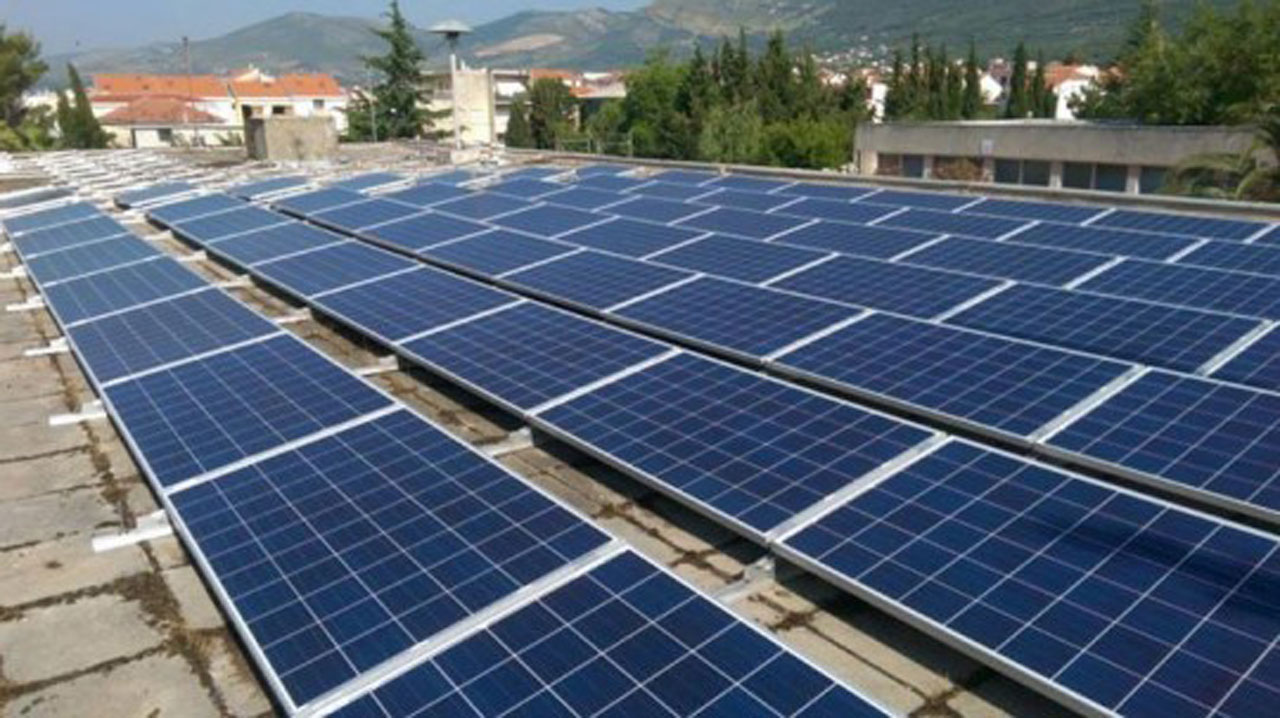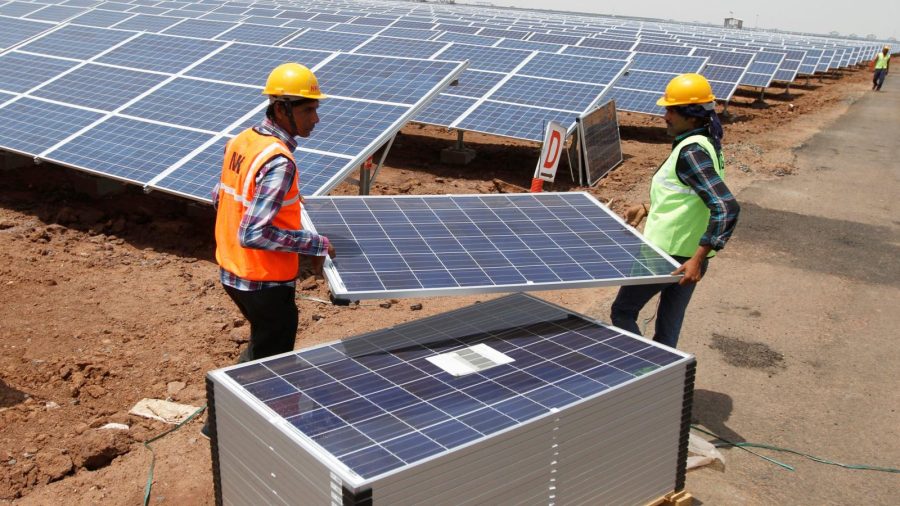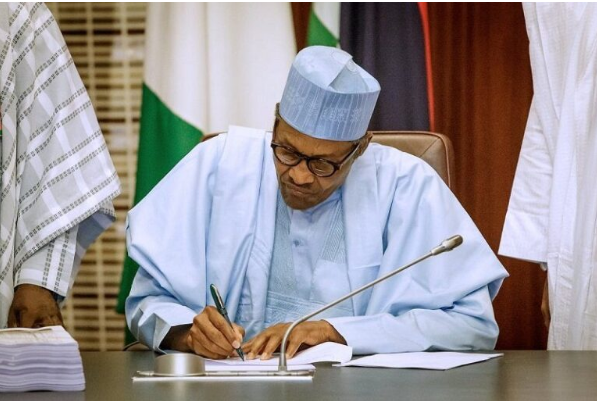Key highlights
- From 2017 till 2021, the Federal Government, One Watt Solar, Access Bank and North-South Power have all issued green bonds in Nigeria.
- Experts believe that the country is already a leader in Green Bonds and should be using that to make the necessary impact in the renewable energy industry.
- Funds from some of the Green Bonds issued in 2017 and 2019 were used to develop renewable energy projects that were executed by the Rural Electrification Agency (REA).
Projects in Nigeria’s renewable energy sector are funded by a myriad of funding options. However, in the last couple of years, Green Bonds have played a significant role in the development of key renewable energy projects in the country.
Green Bonds are fixed-income securities that are issued to finance environmentally sustainable projects, including renewable energy projects.
By issuing Green Bonds, Nigeria could attract capital from local and international investors who are interested in financing environmentally sustainable projects. This capital could then be used to fund renewable energy projects such as solar, wind, hydro, and biomass, which would help increase the country’s renewable energy adoption.
Impact of Green Bonds in Nigeria’s renewable energy sector
In addition to providing access to capital, Green Bonds could also improve transparency and accountability in the renewable energy sector. The proceeds from Green Bond issuance must be used for environmentally sustainable projects, and issuers are required to report on the environmental impact of these projects. This level of transparency could help to build trust between investors and issuers, which could lead to increased investment in the sector.
Dr. Damilola Oluwole, a Director of Energy Markets and Rates Consultants, told Nairametrics that if we look at the total Green Bond issuances from 2017 till date, it’s about N60 billion issued by four entities – Access Bank, the Federal Government of Nigeria, North South Power, and One Watt Solar. He said:
- “Over 60% of these issuances have gone directly to fund renewable energy projects, if we look at it from a funding perspective, that’s fantastic because it means that the green bonds at least are being allocated to the sector. Looking at it from the national standpoint and Nigeria’s carbon reduction initiatives, it is clear that Nigeria is taking steps to meet targets.”
Speaking about the Energizing Education project executed by the Rural Electrification Agency (REA), Dr. Oluwole said Green Bonds have made the project possible, providing power supply to federal universities across the country. He said:
- “N16 billion out of the N25 billion raised from Green Bonds by the federal government has been used for the Energizing Education program and that is a great action step. Some universities now have solar power hybrid solutions.”
According to Dr. Oluwole, there is a lot of money coming in from green bonds and renewable energy projects are being executed by the government, even mini-grids, that are now supplying power to previously unserved areas around the country. He told Nairametrics that interest in Green Bonds is growing in the country. He said:
- “When the government issued Green Bonds in 2017, they were oversubscribed by 100%, when they also issued green bonds in 2019, they were oversubscribed by over 200%, and it shows a growing appetite for these kinds of funds.
- “Looking at it from the corporate side, companies like North South Power who is the concessionaire for Shiroro, looking to do bigger things in the power sector with a solar power project, have gone to the capital markets to raise cash for the project and that is great stuff.
- “Investors are more sustainability-inclined, everyone is thinking ESG. Because of the higher level of awareness about climate change. The higher the number of green bonds issued, the more you send a signal to the international community and the country as well that climate change is being taken seriously and it portends well for the future.”
More insights on FG green bonds
Between 2017 and 2019, Nigeria raised N25.6 billion from Green Bond issuance. Nigeria issued the first sovereign Green Bond in Africa in 2017 and a second Green Bond series in 2019 to raise N10.69 billion and N15 billion in 2017 and 2019 respectively, to fund energy-related projects.
Green Bonds are increasing renewable energy adoption in Nigeria
Green bonds are issued to finance specific projects that will either mitigate the causes of climate change and/or help to adapt to the effects of climate change. In Nigeria, Green Bonds have been used for renewable energy projects.
According to this 2022 Heinrich Boll report on Green Bonds issuance, projects like the National Afforestation Program under the Ministry of Environment and seven federal universities under the Energizing Education program by the Rural Electrification Agency (REA) were funded using proceeds from Green Bonds issuances of 2017 and 2019.
Some of these projects include:
- Energizing Education Power by the Rural Electrification Agency to develop off-grid solar independent power plant type projects for the generation and provision of uninterrupted power supply for 37 federal universities and 7 teaching university hospitals at the cost of N8,550,000,000.
- Renewable Energy Micro Utilities in 45 Communities by the Rural Electrification Agency to provide energy access for 45 unserved rural communities across the country by employing solar mini-grids with distributed loads of 33–50KW per community at the cost of N150,000,000.
- Energizing Education and Renewable Energy Micro-Utilities by the Rural Electrification Agency at the cost of N7,777,000,000.
- 10MW Katsina Wind Farm Power at the cost of N487,000,000.
- Solar Powered Tricycles Transport at the cost of N500,000,000.
However, in the cited report, it was stated that future projects funded by Green Bonds should have publicly accessible up-to-date information on the status of funded projects, and there should be tracking of carbon results in Green Bond projects.
These will encourage proper monitoring and management, thereby increasing trust between the Nigerian government and Green Bond investors.
Nigeria’s use of Green Bonds to fund renewable energy and agricultural projects, as well as programs to support education and afforestation, demonstrates the country’s commitment to sustainable development. It also shows that there is investor interest in supporting these types of projects, which can have significant environmental and social benefits.
In their Q1/2023 Energy Outlook report on Nigeria, George Etomi Law partners reason that Green Bonds provide an opportunity not only for governments and companies to raise finance but also to support the sustainable development goals (SDGs). According to the report, Nigeria was one of the African countries to issue Green Bonds and is one of the most developed Green Bond markets in the continent.
Bottomline
Dr. Oluwole thinks the investor focus is clear and Green Bonds in Nigeria are doing well because that is what the world is focusing on – the reduction of carbon emissions. Aside from that, investors can see the projects being developed using the funds from the issuances. When Green Bonds are issued, there must be adequate reporting to show that these funds are being used for the said projects.
In 2023, the Federal Government will be issuing Green Bonds as announced by the Debt Management Office (DMO), and Dr. Oluwole believes that more Nigerians will invest in green bonds because of the current investment climate that we find ourselves in.
- If more Green Bonds are issued and those funds are directed at further increasing renewable energy access alongside adequate monitoring, investors will be inclined to trust in the system and that trust could lead to more investments in Nigeria’s energy industry.
- Also, to drive more renewable energy investments, the Nigerian government can create a level playing field for renewable energy by removing subsidies for fossil fuels and other non-renewable energy sources. This will help to make renewable energy more competitive and attractive to investors.
- The government may as well raise public awareness about the benefits of renewable energy, including its environmental and economic benefits. This will help to create a demand for renewable energy products and services and encourage more investment in the sector.
























